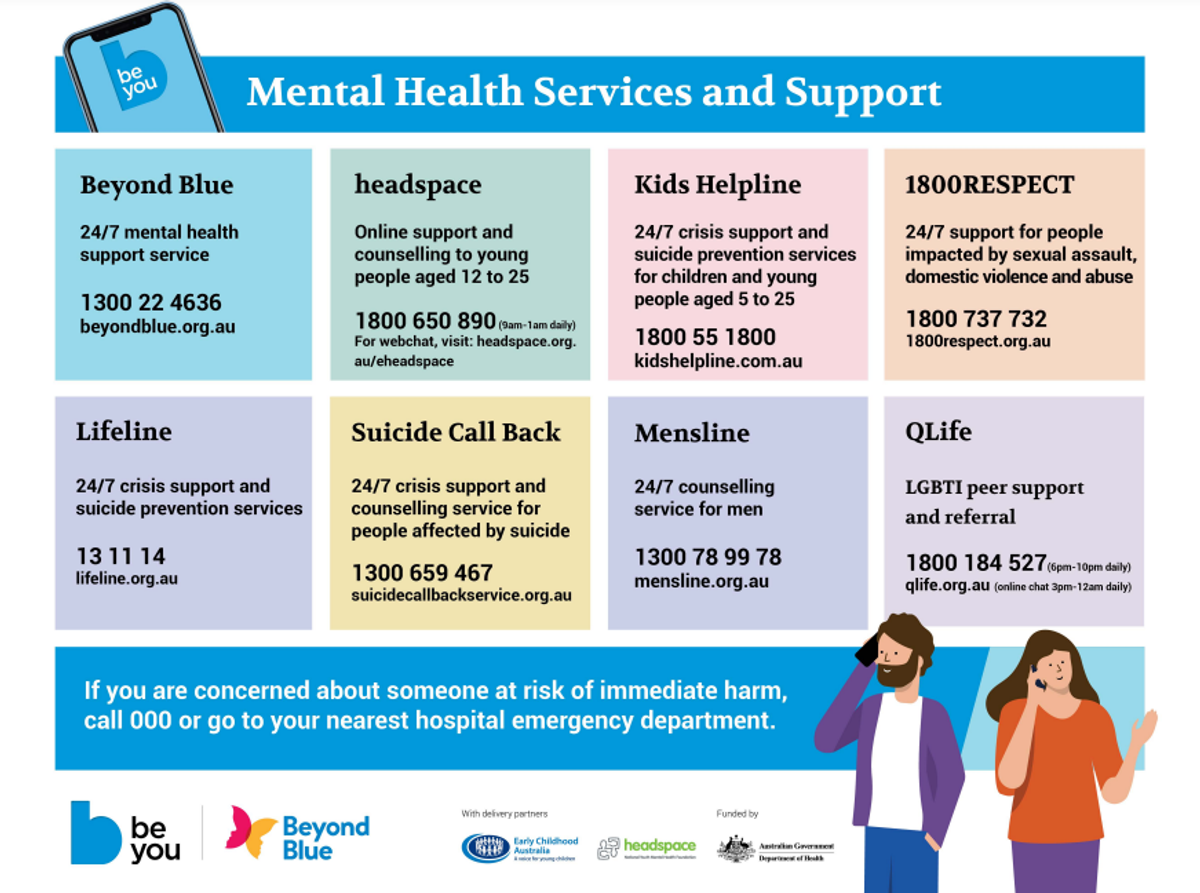Counsellor/Wellbeing
Karen Surian

Counsellor/Wellbeing
Karen Surian
With the end of term 1 and school holidays starting it is an important for students and teachers to enjoy some rest and relaxation. Students are often very excited to have a break from the daily routines and workload of school but is it really important that they continue to look after their wellbeing.
For some students changes to these routines and loss of connection to the school environment, teachers and friends can cause considerable stress and make some young people feel isolated and alone. Parent support is vital at this time. There are several things that can help keep your young person’s head in a healthy space, including:
One thing that often takes a strong hold in the holidays is online gaming, internet and screen time. Gaming is not all negative. It can teach young people many skills including teamwork, concentration, communication and problem-solving. It requires a level of interaction and skill from the player; unlike watching television, which is more passive. Online communities provide opportunities for young people to feel socially connected and have a sense of belonging. At healthy levels, gaming can increase their self-esteem and social acceptance.


However, any behaviour, when taken to extreme, can also have a negative impact on a young person’s everyday life. Understanding what your young person experiences online and knowing the warning signs if they are at risk, will help nurture a more positive relationship with online gaming and help your family find the right balance.
Some warning signs may include:


If you are concerned about your young person’s online gaming habits, it’s important to consider several factors. This School TV edition will provide strategies in how to deal with any issues you may be experiencing. We hope you take time to reflect on the information offered in this month’s edition, and we always welcome your feedback.If you do have any concerns about the wellbeing of your child, please contact the school for further information or seek medical or professional help.


Here is the link to this month's edition: https://mccww.catholic.schooltv.me/newsletter/online-gaming
Just a reminder, there are some free and confidential services, many operate 24 hours a day, 7 days a week and are available to support, listen and help you out when you need.
Here are some you may want to consider:




Karen Surian College/School Counsellor

